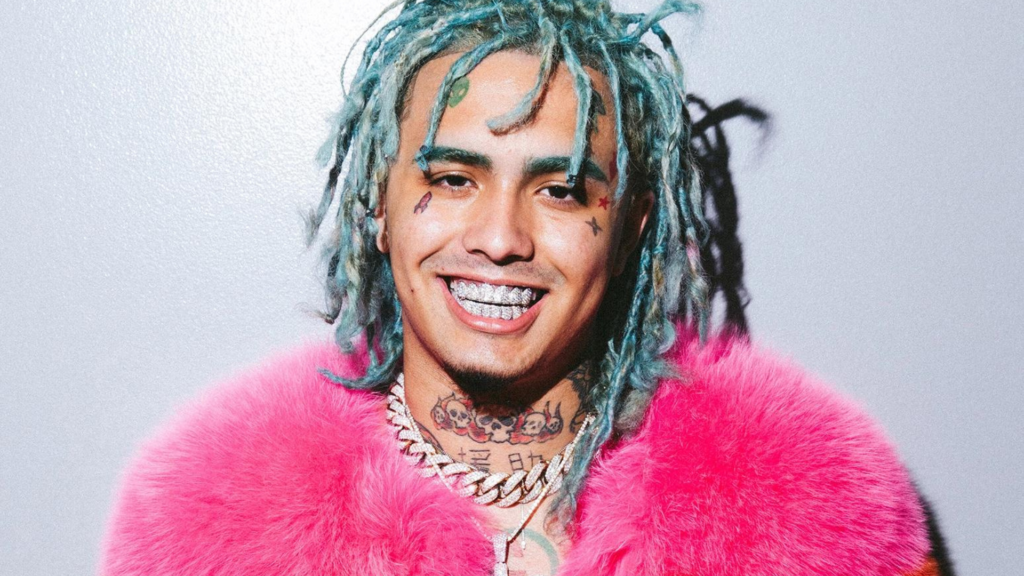Ask an “old head” what they think of modern hip hop, and it’s rare that you’ll find a dissenting opinion from the stereotypical opinion often offered by people advanced in age about the younger generations: “They’re crazy” “They aren’t like we were! They’re out of control!”.
These sentiments tend to refer to a new level of brashness displayed over social media, in the streets of inner cities, in the headlines and 24-hour news cycle, and in the current political climate.
I can distinctly remember saying to myself, after a brief stint as a teacher at a local high school: “I sure am glad I didn’t have social media when I was growing up.” I’d heard this sentiment echoed in generations earlier than my own, but even this passing thought downplays extenuating circumstances and parallel growth spurts that led to the modern-day infatuation with indicting modern hip hop as endemic of a fallen generation and/or the world at large.
It’s important to distinguish the sectors of hip hop that most listeners will point to as key changes in the evolution of hip hop: lyrical content; and criminal elements surrounding the culture of hip hop.
With a current millennial rapper facing down RICO chargers for the content of his lyrics (Young Thug), it seems reasonable that early rap fans would point to their being some credence in indicting lyrical content as being dangerous, offensive, brazen, and influential. And, to be fair, Young Thug’s lyrics are mild compared to some of the content coming from the Chicago and Jacksonville drill scenes, which tend to make fun of dead gang rivals openly, or some of the raw Soundcloud-based music, which tends to be incredibly overt in it’s handling of sexual themes a la Robb Bank$ or the deceased Xxxtentacion.
Juxtapose this with the early stylings of DJ Kool Herc, who took a cue from the early Jamaican toasting style to “rap” over the breaks in records in an effort to hype the audience, or Grandmaster Flash’s The Message, which speaks of the depression felt over the plight of living in NYC slums at the time. There was a more conscientious approach; no one can deny this. Afrika Bambataa rapped about unity and community; Young Thug rapped about having shooters at the ready and smoking the best weed money can buy. However, the throughline seems to be financial prosperity.
As hip hop made its way into the mainstream, especially around the mid to late 80s and early 90s, hip hop was no longer simply a cultural medium for expression; it was a viable career path out of the very slums expressed in the early years of the genre. And as the salaries grew, so did the braggadocious lyrics, boasting of riches one could only dream of at the inception of hip hop.
And, to be fair, the braggadocious style can trace its roots to the mid-80s, and the peak in vulgarity to the mid to late 90s with hair-raising bangers such as Snoop Dogg’s “It ain’t no fun” or just about anything you could point to in Notorious BIG’s catalog.
Likewise, in a close parallel to the lyrical content, the culture began to reflect this improvement in social rank…but oddly enough, it was not reflected in criminality. A brief look at NYC crime statistics (as a microcosm, using the birthplace of hip hop) show spikes in murder and violent crime around the late 90s and early 2000s, and yet these numbers have fallen off significantly, falling as low, if not lower than numbers in the 70s.
So what are “old heads” really pointing to? I’d argue that it’s visibility. Social media has made every possible blunder in hip hop and black culture so apparent and seemingly reckless that rappers like Lil Pump (debut album in 2017) were not signed for their lyrical prowess but for their social media engagement.
The spectacle is a large part of the game nowadays. Credibility is not required, although it is still rewarded. Visibility, and the ability to cut through the swath of aspiring influencers, is. And as we’ve all heard too many times to count: Sex (and apparently, internet beef between people who would be marked as fatalistic, to say the least, if they ever acted on their threats) sells.

